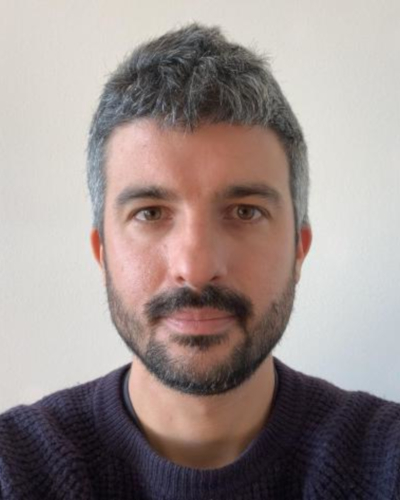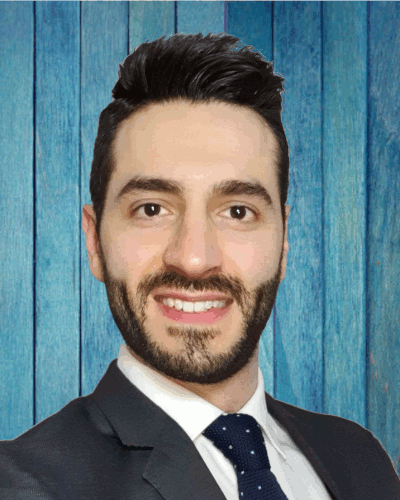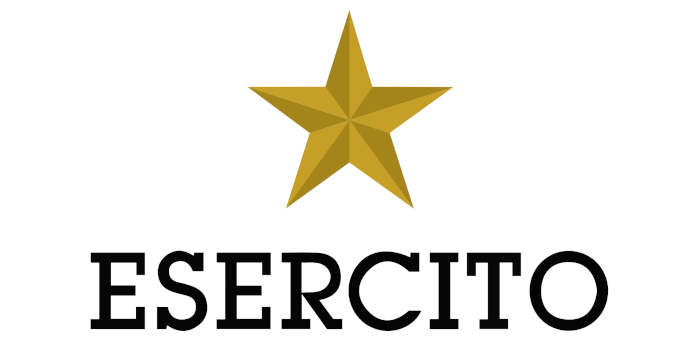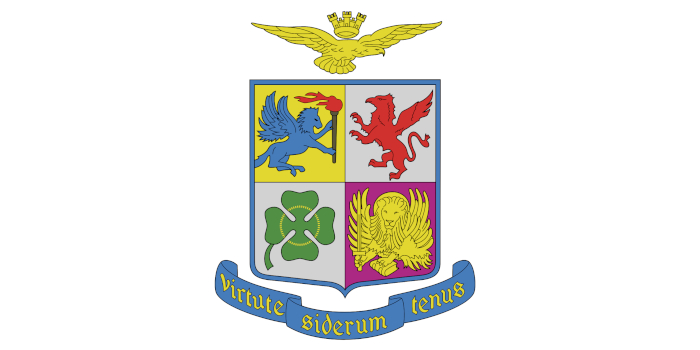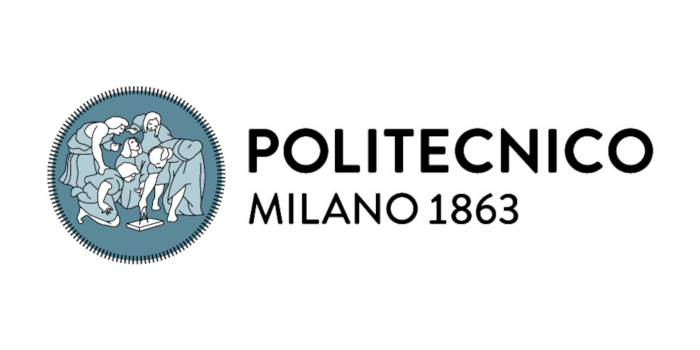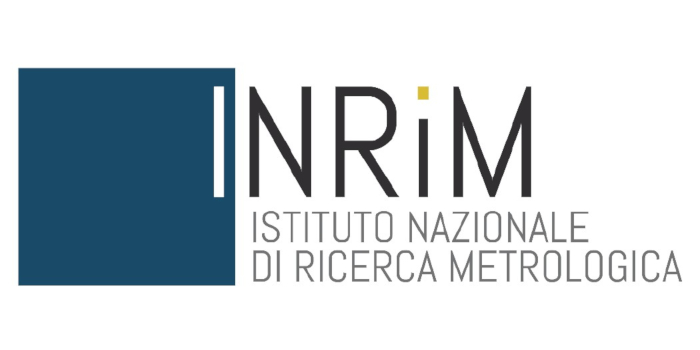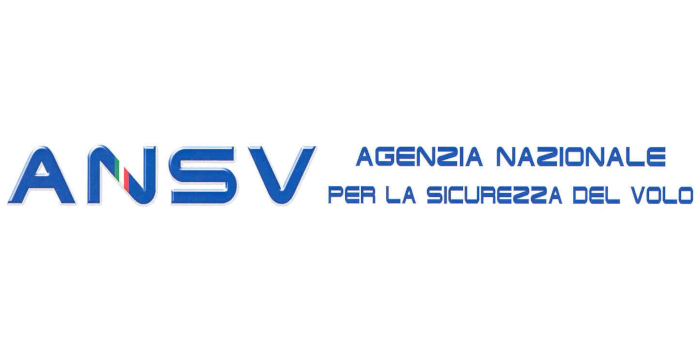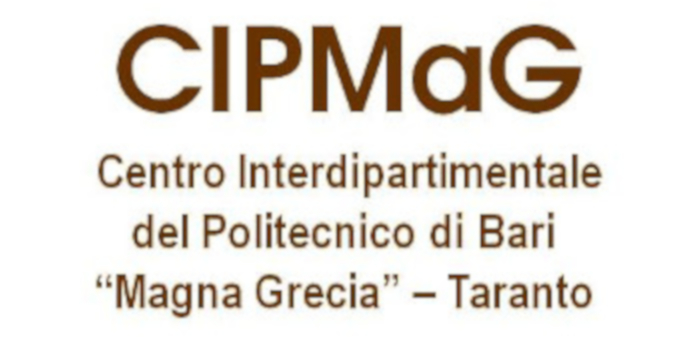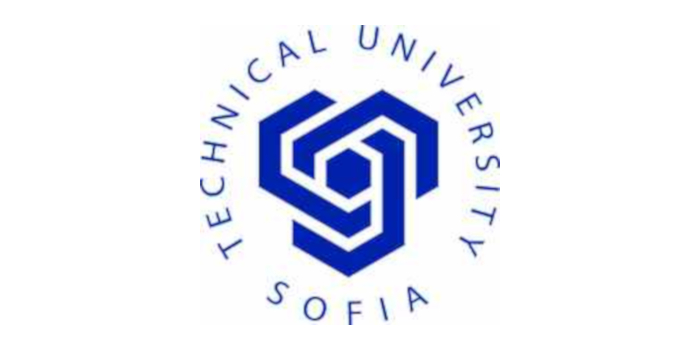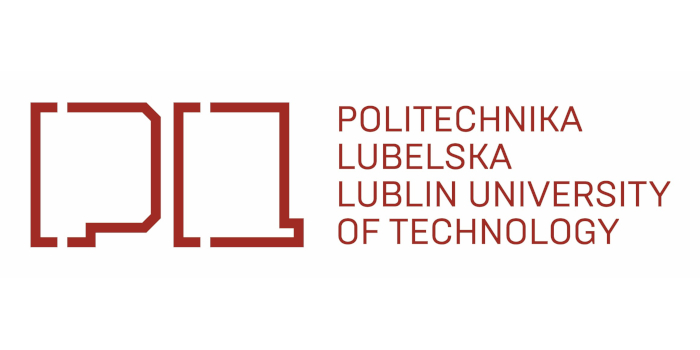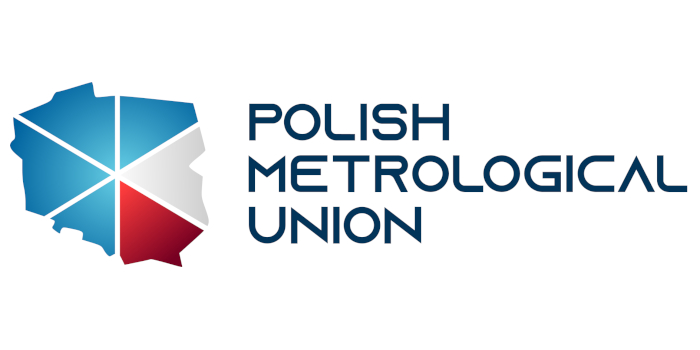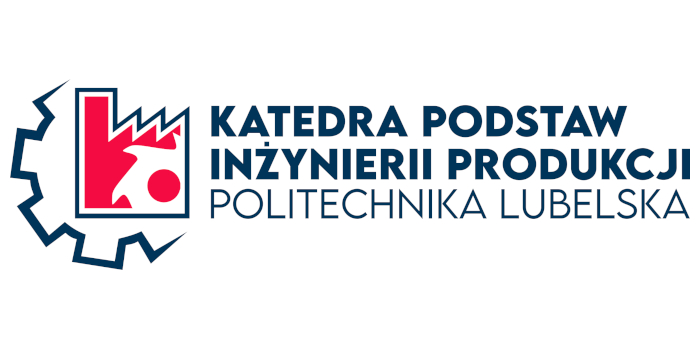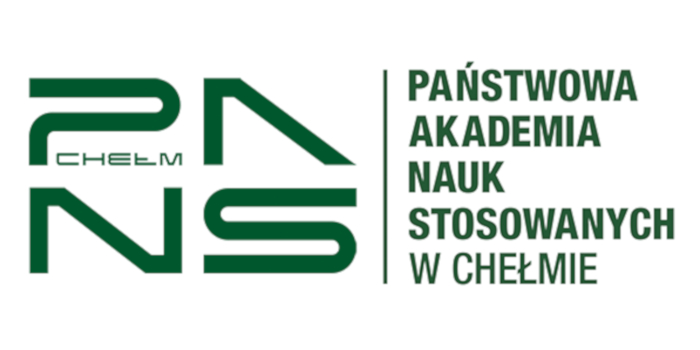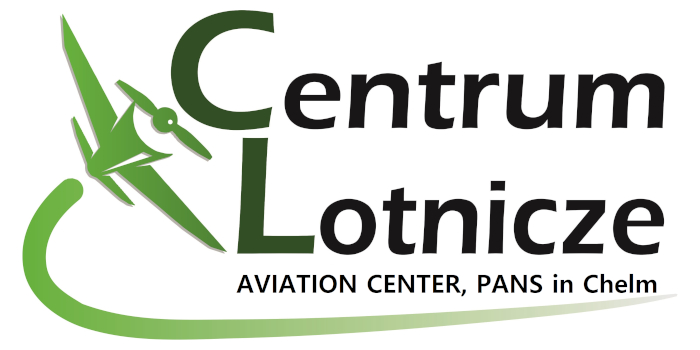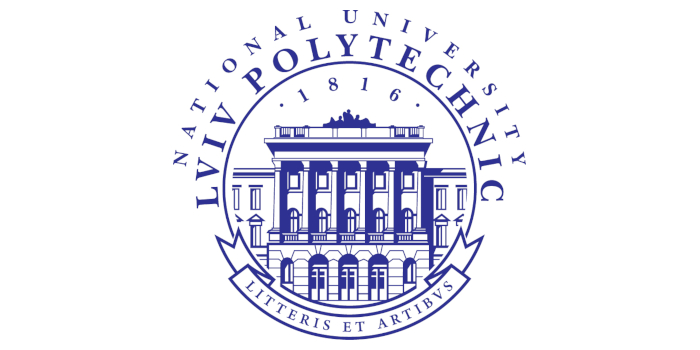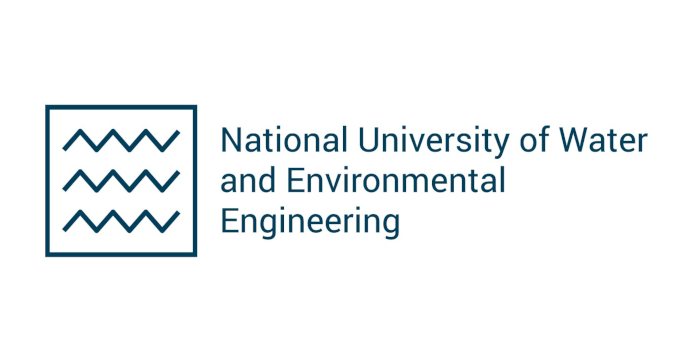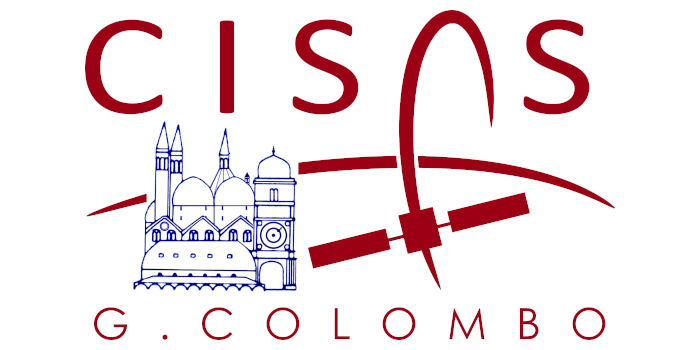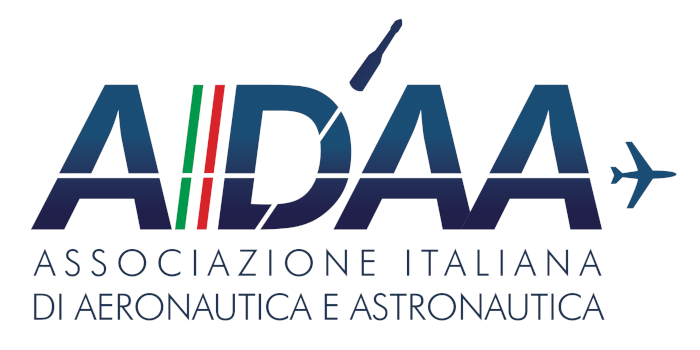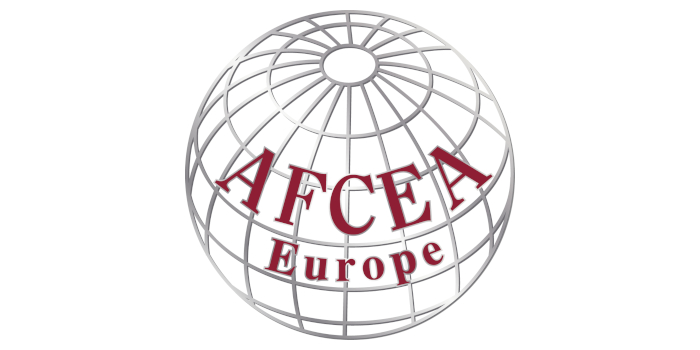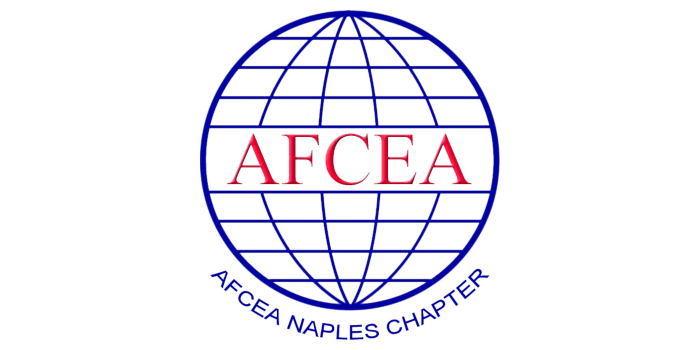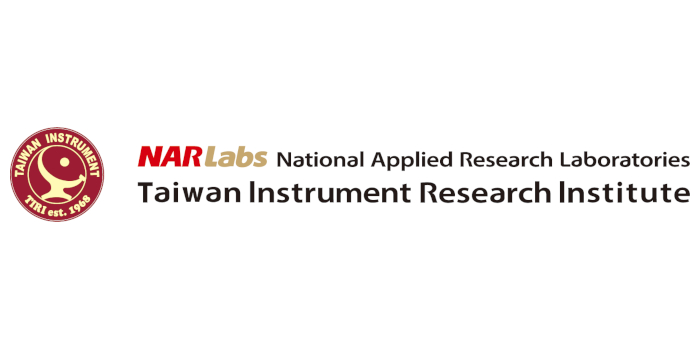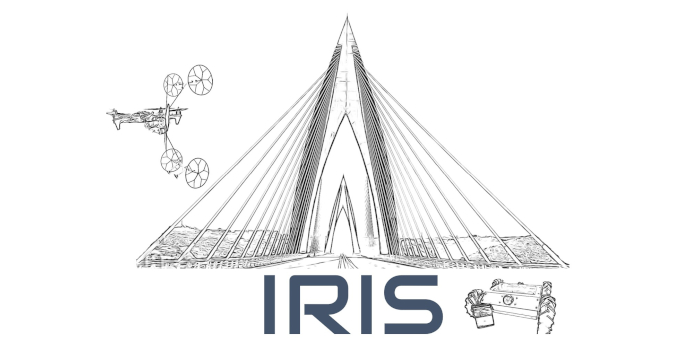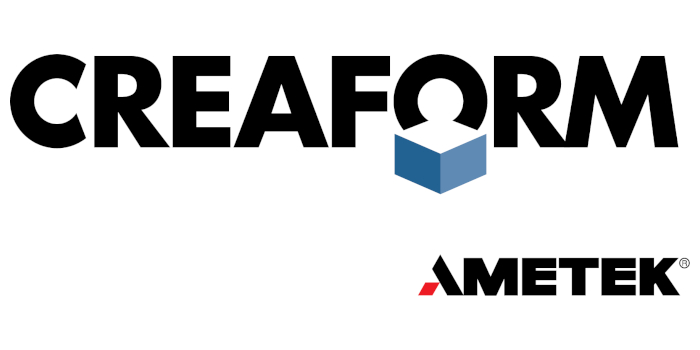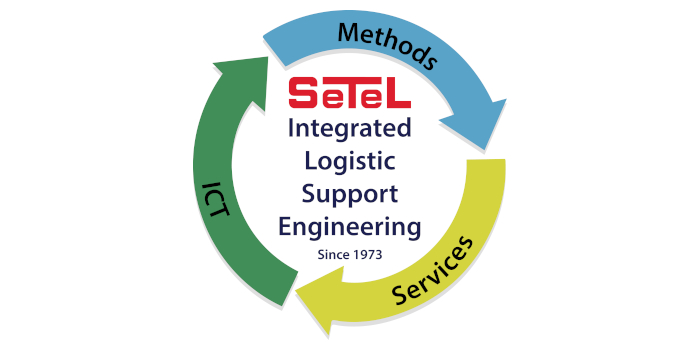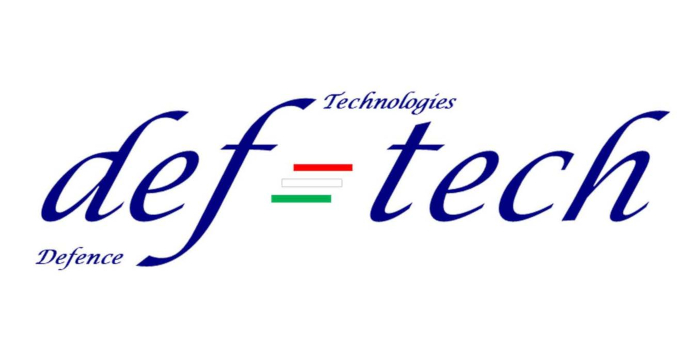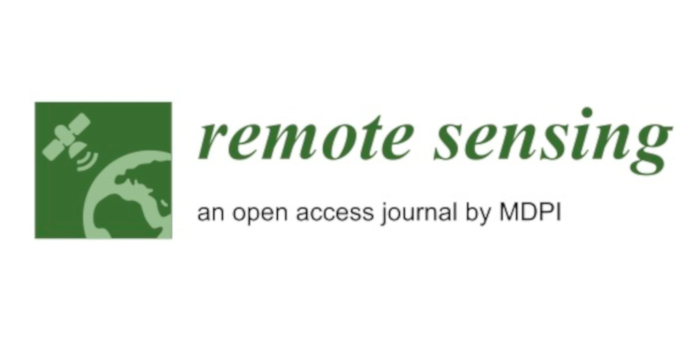SPECIAL SESSION #17
Vision-based and LiDAR-based navigation systems for spacecraft and autonomous vehicles
ORGANIZED BY
Marco Pertile
University of Padova, Italy
Sebastiano Chiodini
University of Padova, Italy
Riccardo Giubilato
German Aerospace Center -Institute of Robotics and Mechatronics Perception and Cognition, Germany
Andrea Valmorbida
University of Padova, Italy
ABSTRACT
Contributions are welcomed in the field of attitude and position measurement systems, in particular vision-based and LiDAR-based, for two main applications: proximity navigation of spacecraft and autonomous navigation of vehicles in unstructured environments.
The importance of relative navigation between satellites and spacecraft is continuously growing since the number of possible applications is increasing, for instance, formation flight of a set of small satellites, rendezvous and docking for satellite maintenance or for end-of-life operations and space debris mitigation.
A growing interest for rover navigation in unstructured environments and, in particular, for in-situ operations for planetary exploration is demonstrated by several planned mobile robotic missions in the upcoming years, such as ESA Mars2020, NASA Mars2020, ROSCOSMOS Luna-25 and DLR/JAXA Mars Moons eXploration.
TOPICS
The main topics are:
- Vision-based and LiDAR-based navigation and mapping for planetary robots;
- Vision-based and LiDAR-based relative navigation for formation flight or between a chaser and a target spacecraft (collaborative or non-collaborative; active or passive; known or unknown; provided with markers or markerless);
- Novel sensor setups and approaches for perception, navigation and interaction with an unstructured and GNSS-denied environment;
- Relative navigation techniques for rendezvous and docking maneuvers between spacecraft;
- Global and/or local map building in unstructured environments;
- Novel technologies for mapping, navigation and terrain analysis;
- Advances in the calibration procedures and techniques of mono- or multi-sensor systems for relative and absolute navigation;
- Instrumentation and measurements for the navigation of UAV in planetary environments;
- Sensor fusion techniques for aerospace applications;
- Metrological evaluation and characterization of Machine Learning approaches for the navigation of autonomous spacecraft and vehicles in space applications and planetary exploration.
ABOUT THE ORGANIZERS
Marco Pertile, PhD in Space Science and Technology at the University of Padova. Associate Professor in Mechanical and Thermal Measurements in the Industrial Engineering Dept. – University of Padova. Main research interests: mechanical and thermal measurements, design of measurement systems based on vision systems and laser scanners, robotics, autonomous vehicles, uncertainty evaluation, design of experimental tests and set-up for space systems. Involved in several international projects, such as: H2020 Project ETPACK Electrodynamic Tether PACKaged in a reel on-board the spacecraft; SIMBIO-SYS Experiment on board of the ESA mission BEPI Colombo; DREAMS EDM Payload for the EXOMARS2016 mission; OSIRIS of the ESA Rosetta mission. Recipient of the following awards: “Paolo Cappa” Award for the best paper in the Italian National Forum on Measurements 2018; Best Paper in Mechanical and Thermal Measurement for Aerospace in the IEEE Int. W. in Metrology for Aerospace 2014; “one of Transactions Outstanding Reviewers of 2014” from the IEEE Instrumentation and Measurement Society; Santini Award for best paper space section from the Italian Association of Aeronautics and Astronautics 2007.
Sebastiano Chiodini is Research Associate in Mechanical and Thermal Measurements at the Department of Industrial Engineering, University of Padova, Italy. Previously, he was a Post-Doctoral Research Fellow with the Centre of Studies and Activities for Space “G. Colombo”, University of Padova. He received a Ph.D. degree in Space Sciences, Technologies and Measurements from the University of Padova in 2017. He was awarded a B.Sc. and two M.Sc. degrees from the University of Padova, and the École centrale de Lyon under the T.I.M.E. double degree program. In 2016, he participated in the JPL Visiting Student Researchers Program (JVSRP) at the Jet Propulsion Laboratory, California Institute of Technology, Pasadena, CA, USA, working on a collaborative visual localization method for rovers, designed to hop and tumble across the surface of comets and asteroids. He has been involved in the development and qualification of the COver Mechanism (COM) of the JANUS telescope. He collaborates with ALTEC SpA, Turin, Italy, for the development of the localization algorithms for ESA ExoMars rover. His research interests are focused on the design and development of machine vision-based measurement systems for drones and rovers, LiDAR-based measurement systems, development of sensor fusion algorithms of camera sensor data with GNSS data, robotics, autonomous navigation, and the design and testing of mechanisms for space applications.
Riccardo Giubilato, Ph.D. degree in Space Sciences, Technologies and Measurements in 2020 from the Centre of Studies and Activities for Space (CISAS) “G. Colombo,” University of Padova.
Since 2019, I work as a Post-Doctoral researcher with the German Aerospace Center (DLR), Institute of Robotics and Mechatronics, Weßling, Germany. My current research interests include multi-robot SLAM, sensor fusion for vision systems and range sensors, multimodal and learning-based place recognition in unstructured environments.
Projects:
- ARCHES: Multi-robot localization and mapping for planetary-like ground and flying robots in the context of a large scale autonomy demonstration mission in a planetary analogous environment.
- GPGM-SLAM: Gaussian Process Gradient Maps for robust submap-based Simultaneous Localization and Mapping in heavily unstructured natural environments
- S3LI (Solid-State Stereo LiDAR Inertial) Odometry and Mapping: Odometry and Mapping using a compact solid-state LiDAR for planetary rovers
Andrea Valmorbida received a Master’s degree cum laude in Aerospace Engineering in 2009 and a Ph.D. degree in Sciences, Technologies and Measurements for Space in 2014, both from the University of Padova. In 2012 he spent a research period at the Space System Laboratory of the MIT, working on the development and testing of Model Predictive Control strategies on the SPHERES testbed for satellite proximity navigation. From 2014 to 2020 he was a post-doctoral research fellow at the University of Padova, where he continued his research activities mainly on: the development and experimental testing of relative measurements systems and guidance navigation and control algorithms for satellite proximity operations, and measurement systems, dynamics and control for electrodynamic and inert tethered satellite systems. Since 2020 he has been a Research Associate at the Department of Industrial Engineering of the same Institution, where he continues his research activities in the fields mentioned above. He was a member of the research group of 7 international and national projects, of which one FP7 (BETs) and two H2020 (E.T.Pack and E.T.Pack-F).


